|
A group funded by the Koch Brothers dark money network has hired a former member of the Iowa House of Representative to push their anti-municipal broadband agenda in Iowa. 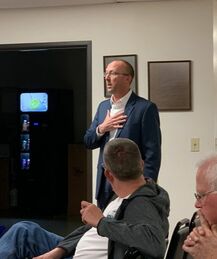 Last week Chip Baltimore, the new Senior Fellow at the Taxpayers Protection Alliance (TPA) attended a meeting of the Vinton Municipal Utilities Board of Trustees. During a public hearing on VMU’s plans to issue electric revenue bonds for their portion of a planned fiber-to-the-premise network in Vinton, Baltimore told the Board that they were risking electric ratepayers money by investing in the network. It’s not the first time that Baltimore has used his new position to attack the Vinton project. In a letter addressed to the VMU Board in February, he claimed that “Vinton is spending 75% more on a per location basis for its network than the median cost for comparable municipal fiber networks.” That same letter also criticized other municipal projects, including Muscatine Power & Water. Ever since the TPA hired Baltimore, whose term in the Iowa House expired at the end of 2018, they have been firing off letters and making public records requests in other Iowa communities with pending fiber projects, including New Hampton and Charles City. Certainly having boots on the ground in Iowa gives TPA a golden opportunity to attack municipal broadband here, but similar attacks, including letters to the editor of local newspapers, have been happening in other states. It’s nothing new for TPA to target municipal broadband. As Wired Magazine outlined in a December 2017 article: “The connection between the TPA and the Koch brothers emerged from investigative reporting by ProPublica and others. This work has revealed that the Taxpayers Protection Alliance is a front advocacy group, part of a network of dark-money organizations supported in part by the Koch brothers. (The funding seems not to come from the Koch family directly but instead is funneled through other Koch-funded groups.) TPA’s most recent IRS filing shows it received about half a million dollars in contributions in 2016, but the sources of these contributions are blacked out. Tax-exempt organizations are not required to disclose the names of their donors publicly. David Williams, TPA’s president, told the Louisville Courier-Journal earlier this year that the group receives funding from “a lot of different sources," including groups affiliated with the Koch brothers.” -- Wired Magazine, 12/16/17 TPA is also the creator of the laughably flawed “Broadband Boondoggles” map supposedly showing “failed” taxpayer-funded networks. Indeed, the use of “taxpayer” is one of the tricks TPA and other dark money groups use in an attempt to rile up opposition to networks – even when projects are funded entirely without tax-based debt. Their boondoggle map appears to be broken as of this writing, but when BroadbandBytes accessed it last year it had this special nugget of misinformation: Don't let the facts get in the way of a bad ideological argument. It’s also nothing new that municipal broadband is being attacked in general. Occasionally these anti-municipal groups, usually funded by special interests with a stake in reducing competition or with anti-government slant, fund reports and issue white papers outlining the supposed pitfalls of municipal networks. The Institute for Local Self Reliance has done an excellent job countering these false claims. CLICK HERE to access their “Correcting Community Fiber Fallacies” page. And it’s all quite reminiscent of the attacks that municipals faced during most of the 2000’s as incumbent providers formed front groups such as the “Project Taxpayer Protection Committee” and “Citizens for Common Sense Solutions” fought against municipal broadband referendums. Remember gems like these from the 2005 Opportunity Iowa wave of referenda? This one was a direct mail piece sent out by the Project Taxpayer Protection Committee in the fall of 2005. There’s always a risk that tactics like this, including the new wave of false information being boosted by the Taxpayers Protection Alliance, might give local decision makers pause. That’s why its important to continue countering these false claims whenever – and wherever – they occur.
1 Comment
|
Broadband Bytes NewsPresented by the Community Broadband Action Network and curated by Curtis Dean. Archives
July 2024
Categories
All
|

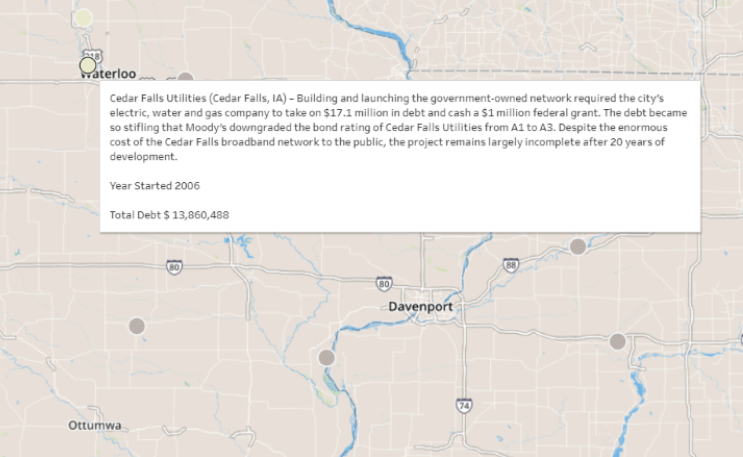
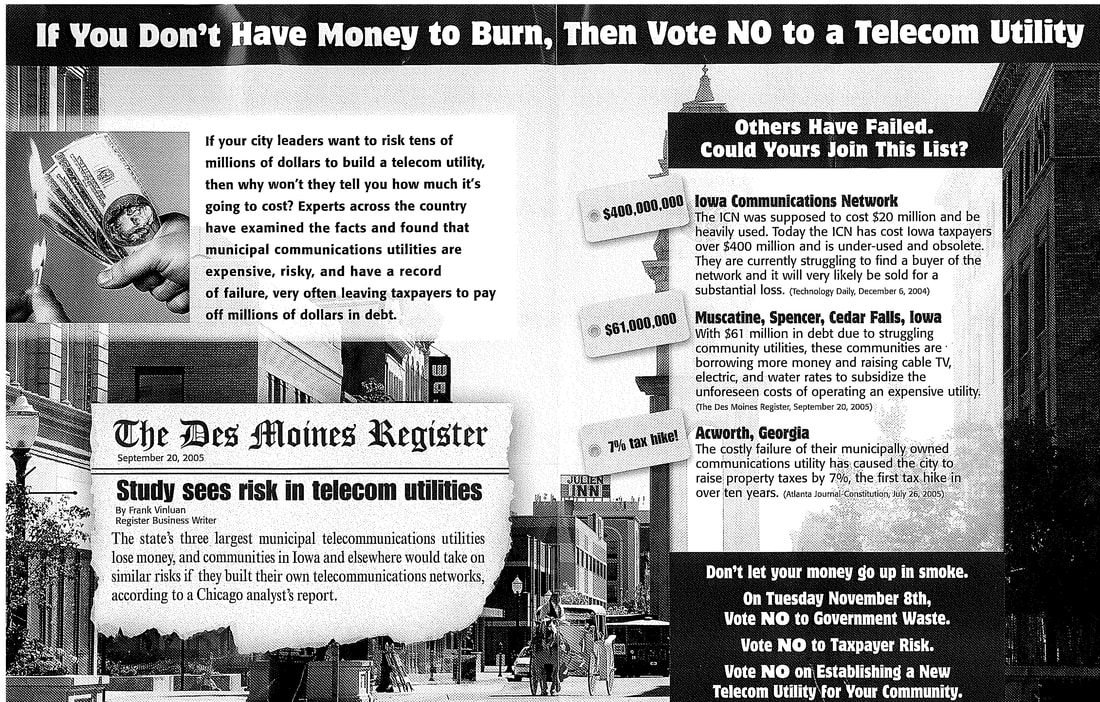
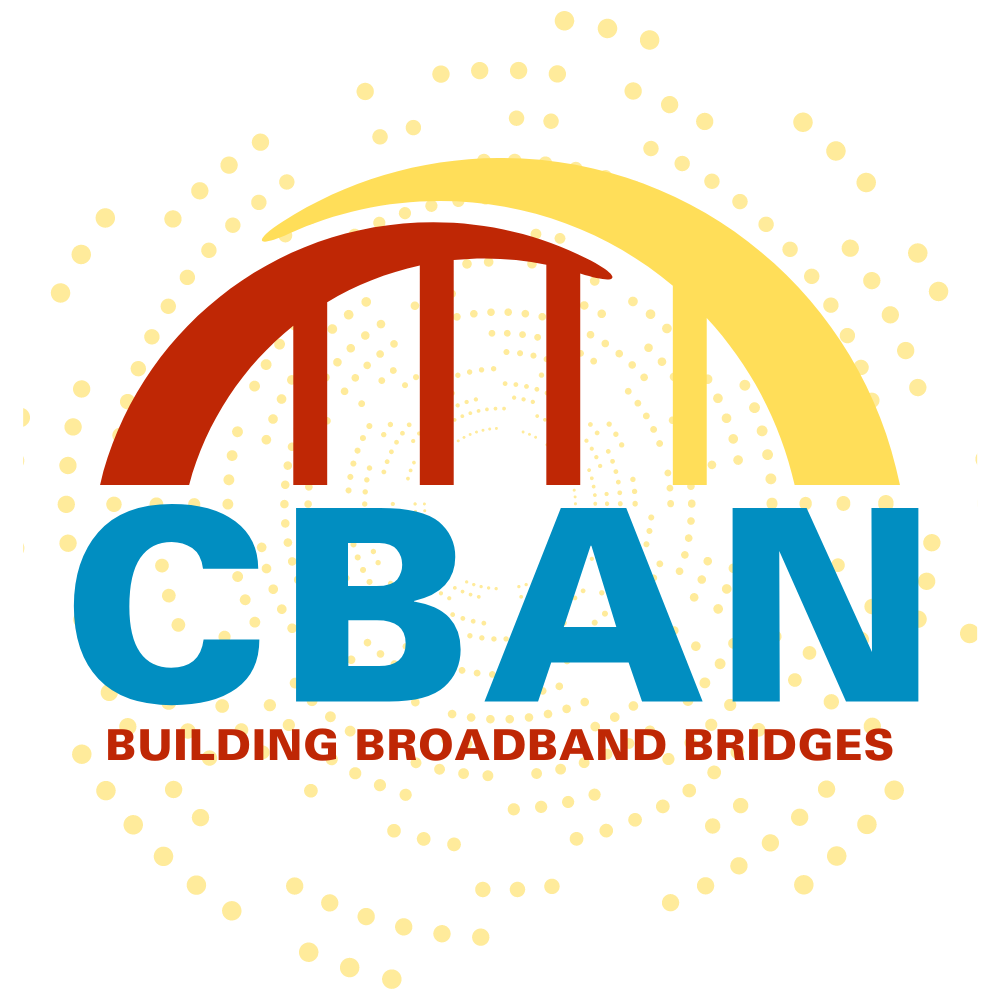
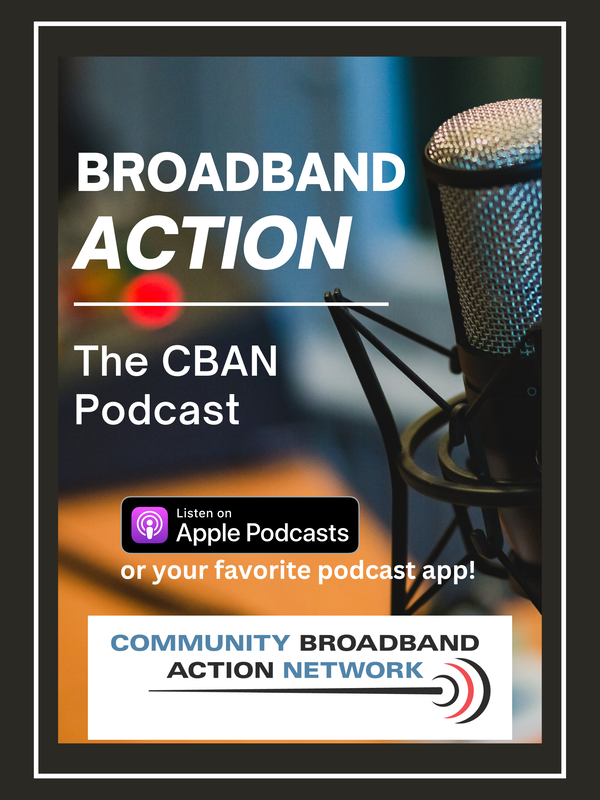

 RSS Feed
RSS Feed
